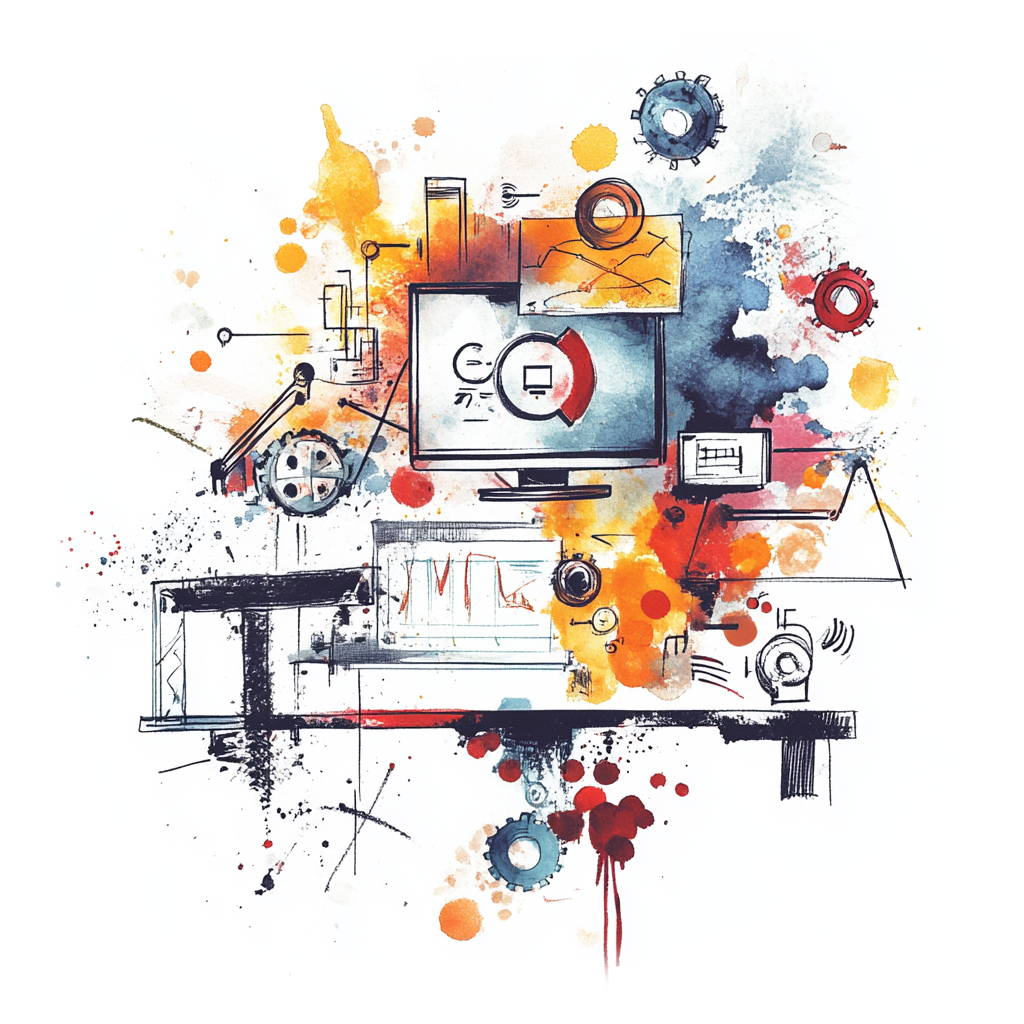Leveraging Self-Owned AI in Specialty Retail
Learn how Specialty Retail companies can leverage self-owned AI to enhance their operations and drive innovation.

Harnessing Your Own AI: How Specialty Retail Operators Can Supercharge Their Business
In today’s fast-paced world, it seems like everyone is talking about Artificial Intelligence (AI) — and for good reason. It’s transforming industries left and right. But for specialty retail operators, the magic truly lies in harnessing your own AI, tailored to meet your unique needs. Let’s delve into how you can leverage this technology to skyrocket your business.
Use Cases: Real-life Examples
Imagine walking into your store, and being greeted by a digital assistant that knows not only what products you sell, but also understands your customers’ preferences and buying history. Here are some compelling use cases that can redefine the way specialty retail operators function:
-
Personalized Shopping Experiences: Your own AI can analyze customer data to provide tailored recommendations. Picture a customer searching for hiking gear; your AI can suggest the perfect tent based on prior purchases and preferences, increasing the likelihood of a sale.
-
Inventory Management: Keeping track of stock can be a headache. With your own AI, you can predict which products will fly off the shelves based on trends and historical data. This means you’ll never run out of a hot-selling item or be left with excess inventory.
-
Customer Service Enhancement: An AI-powered chatbot can handle inquiries around the clock, whether it’s about store hours or product details. This allows your staff to focus on in-person interactions and sales, ultimately improving customer satisfaction.
-
Targeted Marketing Campaigns: Your own AI can sift through customer data to identify patterns and preferences, helping you create marketing campaigns that speak directly to your audience. Instead of broad, one-size-fits-all messages, you can deliver laser-focused communications that resonate.
-
Demand Forecasting: No more guessing games. With your AI, you’ll be able to accurately predict what products are in demand during different seasons or events, allowing you to optimize your stock and promotions.
These use cases are just the tip of the iceberg. The potential for your specialty retail business is boundless.
Why Choose Your Own AI?
Now, you might be wondering, “Why should I invest in my own AI?” Well, here are several compelling reasons:
-
Tailored to You: When you create your own AI system, it’s designed specifically for your business model. It learns from your data patterns and adapts over time, making it much more effective than generalized solutions.
-
Full Control: Hosting your AI on your own servers means you maintain control over your data. Thus, you are better protected from data breaches, privacy concerns, and vendor lock-in.
-
Cost Efficiency: While there’s an upfront investment, in the long run, having your own AI can cut costs. You’ll reduce the need for human support for repetitive tasks which frees up your team to focus on customer engagement.
-
Scalability: As your business grows, so too can your AI. Whether you’re expanding your product lines or entering new markets, your system can evolve with you.
-
Innovation Playground: An in-house AI provides you the freedom to experiment. You can test new ideas, iterate quickly, and innovate, setting you apart from your competitors.
Steps to Get Started
Ready to dive into the world of your own AI? Great! Here’s a simple roadmap to guide you along the way:
-
Identify Your Needs: Start by understanding what pain points you’d like your AI to solve. Is it customer service? Inventory management? Make a list of your priorities.
-
Gather Data: Your AI needs data to learn and grow. Collect historical sales data, customer information, and any operational metrics that could guide your AI’s training process.
-
Choose Your Platform: Select a platform or framework suitable for building your AI, such as TensorFlow or PyTorch. There’s no shortage of resources out there to help you set things up.
-
Develop Your AI: Depending on your level of expertise, you can either hire a data scientist or work with a development firm (like ours!) to create your custom solution. The goal is to tailor the AI to fit your unique needs.
-
Test and Iterate: Roll out your AI on a small scale, monitor its performance, gather feedback, and make necessary adjustments. This is an ongoing process, so be patient!
-
Go Live: Once you’re satisfied with the results, it’s time to launch. Implement your AI across your operations and watch as your business transforms.
-
Monitor and Improve: The work doesn’t stop here! Continually evaluate your AI’s performance and look for opportunities to enhance its capabilities.
Conclusion
By embracing your own AI, specialty retail operators can elevate their game beyond traditional selling. With tailored solutions that speak to your specific challenges, the benefits are substantial — from creating personalized shopping experiences to optimizing inventory and boosting sales. The road to achieving this may seem daunting, but with careful planning and the right partners, you’ll be well on your way to revolutionizing your business.
Now’s the time to step into the future of retail. Are you ready to harness your own AI? Go ahead and unlock the potential that lies within!
